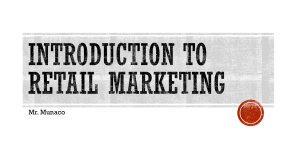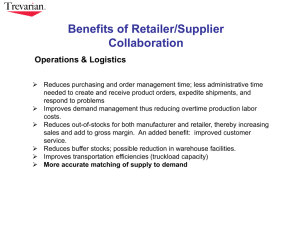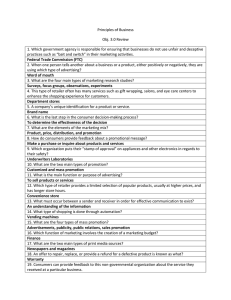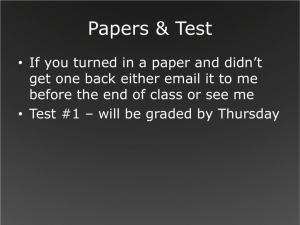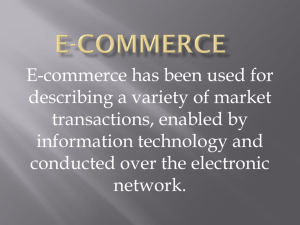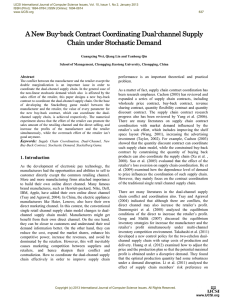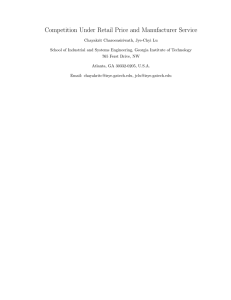Incentives for Retailer Forecasting: Rebates versus Returns Abstract
advertisement
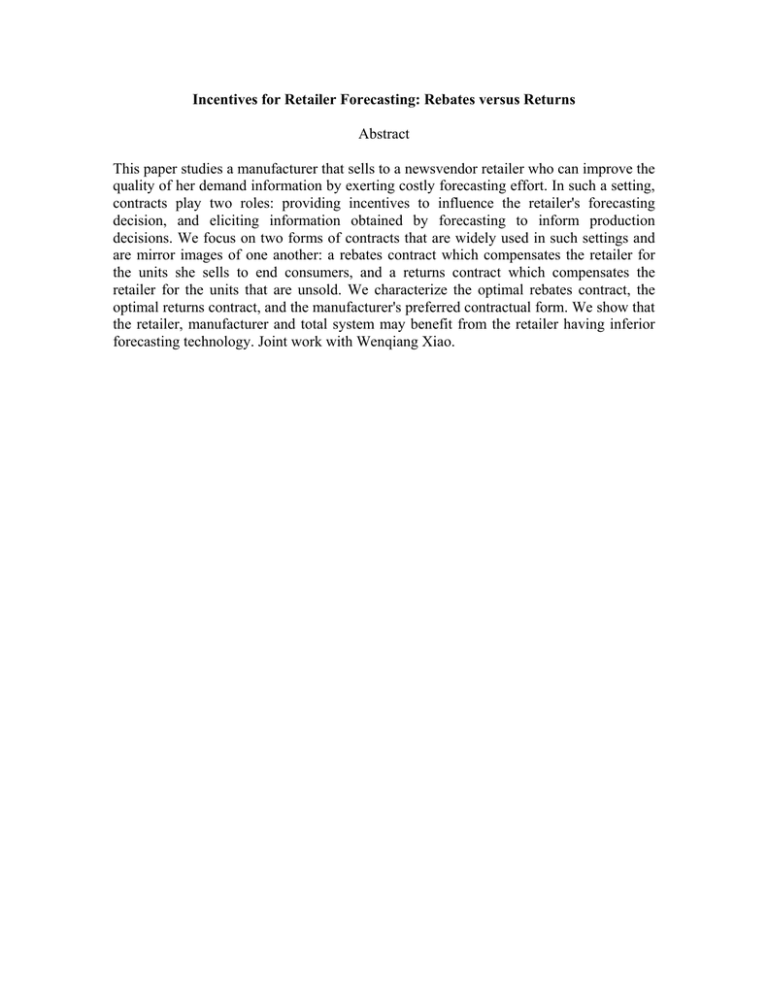
Incentives for Retailer Forecasting: Rebates versus Returns Abstract This paper studies a manufacturer that sells to a newsvendor retailer who can improve the quality of her demand information by exerting costly forecasting effort. In such a setting, contracts play two roles: providing incentives to influence the retailer's forecasting decision, and eliciting information obtained by forecasting to inform production decisions. We focus on two forms of contracts that are widely used in such settings and are mirror images of one another: a rebates contract which compensates the retailer for the units she sells to end consumers, and a returns contract which compensates the retailer for the units that are unsold. We characterize the optimal rebates contract, the optimal returns contract, and the manufacturer's preferred contractual form. We show that the retailer, manufacturer and total system may benefit from the retailer having inferior forecasting technology. Joint work with Wenqiang Xiao.
